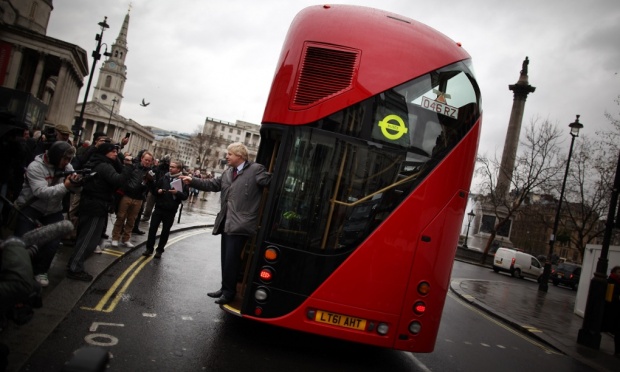“I could simply take place exactly what the device says.” My ears prick up. The Oyster card assessor on my bus to work has discovered a person which (apparently) hasn’t paid her price. He suggests: “I attach to the scanner by the vehicle driver when I hop on the bus, as well as check every traveler’s card to view if they have actually recently swiped that scanner.”.
She competitions the reading from his handheld device: “But exactly how might I have actually jumped on if I didn’t swipe my card. The motorist would have stopped me.” He replies that not all drivers do. She takes place to describe that when she utilized her card, the scanner light went eco-friendly. But the screen next to it revealed that the Travelcard expired in 2002. The bus vehicle driver talked about how odd this was– 2002 was before Oyster cards were offered. Thinking there was a problem in the system, and also condoled by the green light, the drive ushered her into the bus.
Possibly she was existing. The protracted discussion afterwards concerning whether she would certainly provide the assessor her contact information sowed seeds of question in my mind.
In any case, the recourse to the machine as the object of blame (on both sides) echoes a wider argument that’s played out in the media over the in 2012. Cautions of the coming robot economy– when the machines will take control of our tasks– are anywhere. The concept took centre stage at the World Economic Forum this year: “A lot of Davos delegates anticipated barcodes and robots to change human beings at an increasing rate”. Even a professional questionnaire in 2012 was split 50:50 between those asserting that the robotics will create more jobs compared to they displace, as well as others fretting that they could lead to revenue inequality. Specifically exactly how a robotic economic situation will certainly change daily life is still up for grabs.
The everyday robot economy
The communication in between the passenger as well as the assessor is very little various to those I used to hear when London buses had conductors 15 years back. Back then, no one paid as they jumped on the bus. The responsibility for gathering charges came down to the conductor, and their capability to bear in mind who had actually merely jumped on. Excuses included dropping the ticket on the floor, out of the home window or losing it in a bag. The conversation with the assessor or conductor would then boil down to ‘the guidelines’ as opposed to ‘the device’. The sophisticated near-field modern technology now in position does not change things a lot.
Except it does. Much fewer assessors are required on buses today. Much of the job that a conductor utilized to do is done by the card scanner system– making that work practically obsolete. (It returned with Boris Johnson’s new Routemaster bus layout, however practically none of the fleet effective have conductors.).
Likewise, there is a distinction in between ‘the machine’ as well as ‘the policies’. The argument by the assessor today seemed like he belonged to a computerized system driven by his portable tool; if the equipment claimed she didn’t pay for her trip, he has no power to override it. The conversation I overheard had not been concerning whether she had actually abided by the rules. It was about whether the equipment understood if she had. The inspector argued at one point that it really did not matter whether the driver could prove her tale. It was a machine-led procedure. Once an invalid ticket is identified, then the inspector’s job is to be the human mediator on behalf of the machine.
The subtleties of this robotic economic climate bear little connection to the grandstanding concerning the customers of artificial intelligence that everybody from Expense Gates to Stephen Hawking is participated in presently. None of the cinematic fret about machines that take decisions concerning healthcare or military activity are at play here. Concealed in these day-to-day, mundane interactions are different moral or honest concerns concerning the future of AI: if a task is influenced yet not taken over by a robot, how and when does the new system communicate with a customer? Is it ok to transform human social intelligence– managing a difficult customer– into a commodity? Is it ok that a decision exists with a portable tool, while the human is merely a mouth piece?


